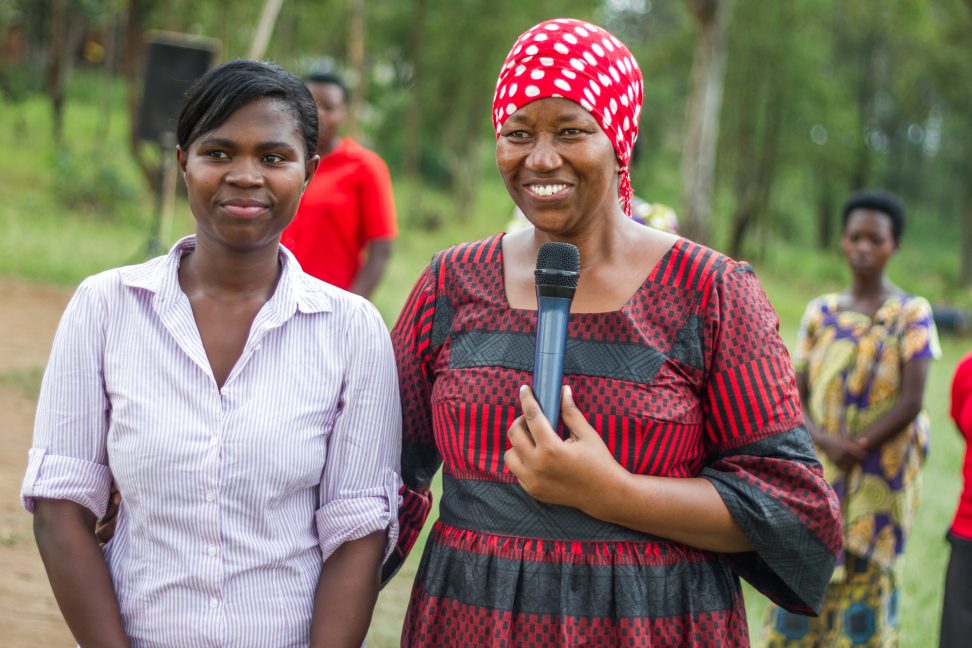More than 100 girls in sexual exploitation areas in Lilongwe through Theatre for a Change Malawi (TfaC) have been reached out with Tingathe project, a programme which conveys knowledge on sexual reproductive health and child protection.
TfaC is an organization which started in 2007 with a purpose of improving sexual reproductive health for marginalized, vulnerable girls and women who are discriminated so that they voice should be heard.

TfaC through this project has protected more than 100 girls in Chigwirizano, Chinsapo, Mtandire and Chiuzira just to mention a few.
The girls are provided with necessary knowledge, attitudes and skills on sexual reproductive health rights and services.
In an interview with Malawi News Agency (Mana) on Tuesday in Lilongwe, Tingathe Senior Project Officer, Prisca Malunga said the project was developed during one of its outreach activities with women in sex work which were conducted in bars.
“During outreach programs with women in sex work, we observed a number of girls below the age of 18 in such unsafe environments. They were small girls who were being abused and being exploited sexually, physically as well as emotionally and we thought of reaching out to them separately. That is how Tingathe project started,” she said.
Malunga said when mobilizing the girls is done in collaboration with government department of social welfare and several factors are looked at and assessed before a girl is recruited into the project.
“We work with community child protection workers from social welfare office who help us in identifying hotspots for sexual exploitation, link us with chiefs who assist in identifying the girls. From there a home assessment is done by Theatre for a Change Staff together with social workers to assess the level of risks to sexual exploitation that the identified girls face.” the Project Officer explained.
When the girls are enrolled into this project they go through three months of behavior change workshops which among other things focus on sexual reproductive health, child protection and living in safe environment.
The aim is to give them the right knowledge, change their attitudes and practice skills for making better decisions and staying in healthier in safe environment.
Malunga described the programme as a success despite noting that behavior change is a process which cannot happen overnight.
Overall, girls who have participated in the project show progressive positive behaviours are able to make realistic future plans and most of them make a decision to go back to school.
“When we do follow ups and home visits, we observe a positive change in behavior.. This has been proved with an estimate of 20% of these girls who have gone back to schools” She described.
Despite being successful the project is meeting challenges like inadequate support from parents and guardians failing to be responsible to look after their children especially when they have reached a certain age saying they even fail to give them necessities.
“Most parents and guardians are failing to provide the necessary support to their children especially in terms of their future plans and goals. We are bridging the gap through meetings and workshops for responsible parenthood and how they can better support their girls in planning for their future,” Malunga explained.
One of the beneficiaries from the Project name withheld currently doing tertiary education at one of colleges in Blantyre said through the project she has learnt a lot of things which made her to know many things which plunders future of girls.
“I have learnt how to defend ourselves from boys and men who persuade girls to have sexual relationships, the important of school as well as to be self-reliant just to mention a few.” She said.
She appealed to government and other non-governmental organisation to assist vulnerable girls with bursaries so that they should not drop out of school because of lack of school fees saying as girls they have the potentials of developing the nation at large.
At the moment Tingathe project is looking for partners to link up with so that they can boost the literacy levels of these girls and go forward with vocational trainings for betterment of the girls who can then be a better resource to their communities and the country as a whole.

